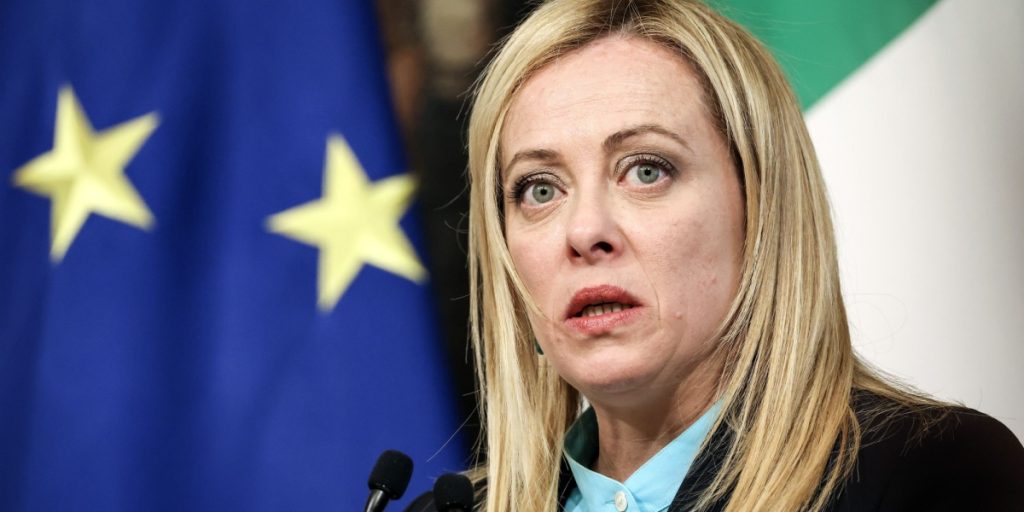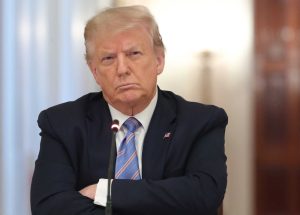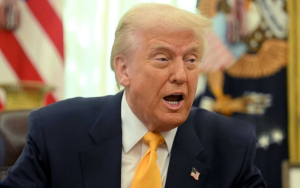Italy’s Giorgia Meloni called to testify in deepfake porn case.
Others are reading now
Italy’s Prime Minister Giorgia Meloni has been called to give testimony in a lawsuit regarding the unauthorized use of her image in deepfake pornographic content. The Italian court handling the case has scheduled her appearance for a hearing in July, where she will stand against two individuals accused of creating and disseminating these videos online.
The legal action involves Meloni seeking compensation from a duo, a 40-year-old and his 73-year-old father, responsible for the videos.
These deepfakes, which surfaced on an American pornography website in 2020 before Meloni ascended to her prime ministerial role, have amassed millions of views, according to the indictment, the BBC reported.
Set to present her case on July 2 in Sassari, Sardinia, Meloni is seeking a “symbolic” compensation of €100,000.
Also read
She intends to allocate any awarded funds to a foundation aiding women subjected to domestic abuse, her legal representative disclosed.
Regulating Deepfake Technology
A deepfake is an image or video that has been digitally manipulated to superimpose a person’s face onto another body. The technology behind deepfakes has become increasingly common, raising concerns about its role in both political disinformation and online sexual harassment.
Italy is set to present legislation to regulate AI later this month, following closely after the EU’s landmark AI Act, which the European Parliament approved last week.
Under the EU’s new AI Act, deepfakes are not illegal, but content creators are required to be transparent about their origins. Additionally, the EU mandates large tech platforms, including TikTok, X (formerly known as Twitter), and Facebook, to identify AI-generated content as part of its content moderation law, the Digital Services Act.








